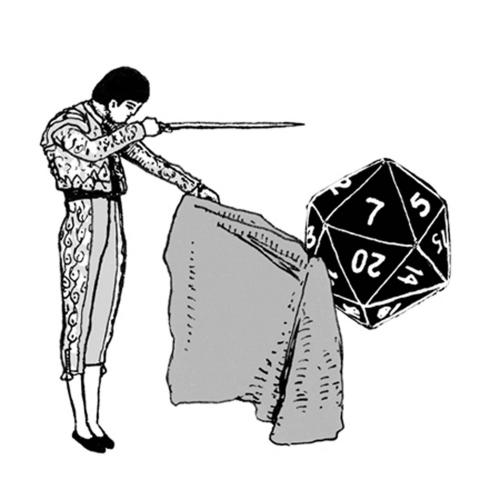
Toward the end of the film version of Peter Gent’s corrosively sarcastic football yarn North Dallas Forty, a lineman played by real-life gridiron hero John Matuszak throws a fit upon hearing one more you’re-not-worthy upbraiding from a sniveling, corporate-minded coach. “To you it’s just a business, but to us it’s still gotta be a sport,” he shouts. “Every time I call it a game you call it a business, and every time I call it a business you call it a game!”
Sport is a business for sure. But what of Matuszak’s alternation of “sport” and “game”? Is there a meaningful difference between the two terms?
The short answer is no: We English speakers long ago blurred any distinction, so that professional football, with all its concussions and broken knees, is a sport and a game (and a business) all at once. We call hockey a game, baseball a game, tennis a game. We call them all sports, too, an intolerable imprecision on a matter that begs for sharper definition.
We do not, however, call chess a sport, even though it has its fans, heroes, contract disputes, and sometimes even full-body contact. Therein lies a clue as to difference. Properly speaking, to trust the arbiters at Merriam-Webster and their Webster’s Sports Dictionary, a game involves boards or cards, or perhaps chalked asphalt for a nice round of hopscotch, while the term sports “encompasses races, athletic contests in which the outcome is in doubt, and outdoor physical recreations such as hunting and fishing, hiking, and sailing.”
Webster’s adds, unhelpfully, “There is a wide divergence of opinion as to what constitutes a sport.” In that I think of Ernest Hemingway, a devotee of athletic contests of every sort, who observed (if perhaps apocryphally), “There are only three sports: bull fighting, mountain climbing, and automobile racing. All else are games.” Just so, the Ainslie’s Complete Hoyle, the bible of game rules, includes gin and klaberjass but not curling, badminton, or any other recreational pursuit in which adhesive bandages play a meaningful role.
It often helps to look inside the roots of words when such puzzles present themselves. Not so much here: The etymology of “game” takes us to a Germanic root meaning “enjoyment,” with a Gothic cognate meaning “participation,” while the Latin disportare, the origin of “sport,” has the sense of something that turns us away, transports us, from the ordinary woes of living—in short, to complicate matters, a pastime. Both add up to the same thing, save that each originated on a different side of the Alps.
We’re left with a distinction so fine that few of us detect or observe it. But there’s one more thing: A sport is something only the athletically minded have to train for, only the devotee has to watch, whereas in a game, we’re all meant to be players. So, at any rate, says the quarterback of North Dallas Forty, played to perfection by the normally laid-back Mac Davis. “You had better learn how to play the game,” his Seth Maxwell, voice throaty and meaningful, says. “And I don’t mean just the game of football.”






